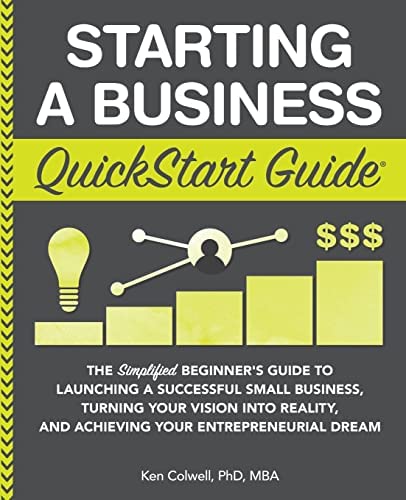Are you an 18 year old student interested in starting your own business? Well, you’ve come to the right place! This guide is designed to help you understand the basics of entrepreneurship and small business finances so you can get your business up and running in no time. We’ll cover the essential steps for starting your own business, from deciding on a business idea and understanding the legal requirements to finding the funds you need and launching your business. So, if you’re ready to take the plunge into the exciting world of entrepreneurship, this guide is here to help. Let’s get started!
Research ideas & market needs.

Before starting a business, it’s important to research ideas and market needs. Taking the time to analyze the market, understand customer needs, and gather insights can help entrepreneurs make more informed decisions. Look into what competitors are doing, and consider how you can differentiate your product or service. Ask questions and talk to potential customers to gauge their interest in your product or service. Doing the research now can save time and money in the long run.
Write business plan & budget.

Writing a business plan and budget is key to any successful business launch. It helps entrepreneurs stay organized and on track with their goals and plan for all the expenses they will incur along the way. When creating a budget, make sure to include all the costs associated with starting the business like office supplies, marketing expenses, and employee salaries. Additionally, a budget should include savings for unexpected costs such as taxes, insurance, and legal fees. A business plan should include a detailed description of the business, its objectives, and projected growth. It should also include market research, competitive analysis, and financial projections. Taking the time to create a well-thought-out business plan and budget will pay off in the long run.
Secure finances & resources.

Starting a business can be daunting, but it’s important to make sure that you have the finances and resources to make it successful. Securing enough capital and resources can be tricky, but there are ways to make it easier. Researching grants, loans and other forms of financing can help you get the resources you need to get your business up and running. Additionally, look for investors and advisors who can provide you with the expertise and capital you need to get your business off the ground.
Obtain business licenses & permits.

Starting a business is a big step and requires several legal documents. Obtaining the necessary business licenses and permits is critical. Depending on the type of business you are starting, you may need to apply to state and local departments for licenses and permits. Doing the research and paperwork can be time-consuming but is necessary to make sure your business is running legally.
Hire & manage staff.

Starting a business means having to hire and manage staff. It’s an exciting but daunting prospect. As a young entrepreneur, it’s important to think carefully about the sort of people you want to bring on board and how you’re going to manage them. It’s also important to have a clear vision of what you want your team to achieve and to have a sound understanding of employment law.
Develop marketing strategy.

Developing a marketing strategy for your small business can seem overwhelming. However, it doesn’t have to be. Start by researching your target audience, setting a budget, and creating content that speaks to your customers. Once you have all the pieces in place, you can focus on optimizing your campaigns and measuring your results to ensure you get the most out of your efforts.




